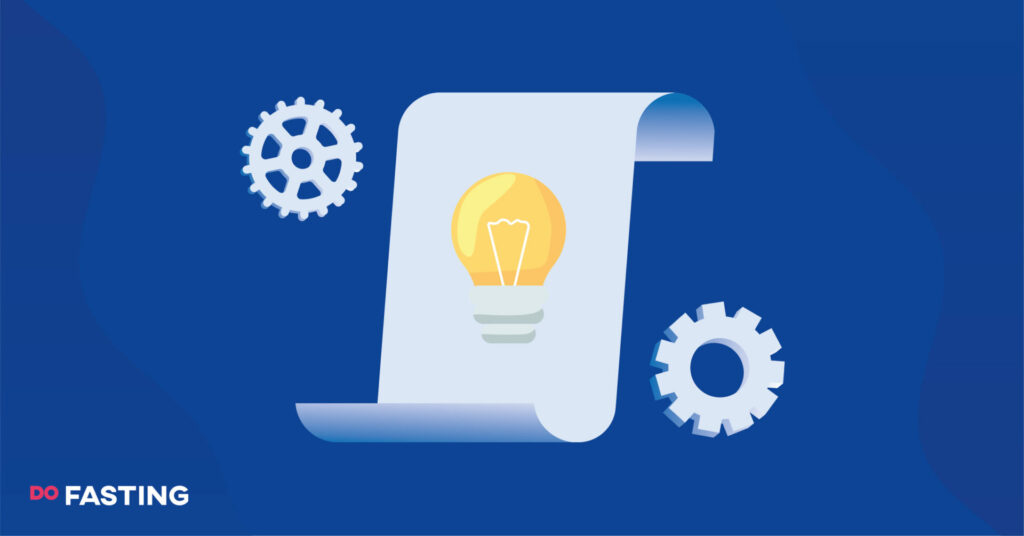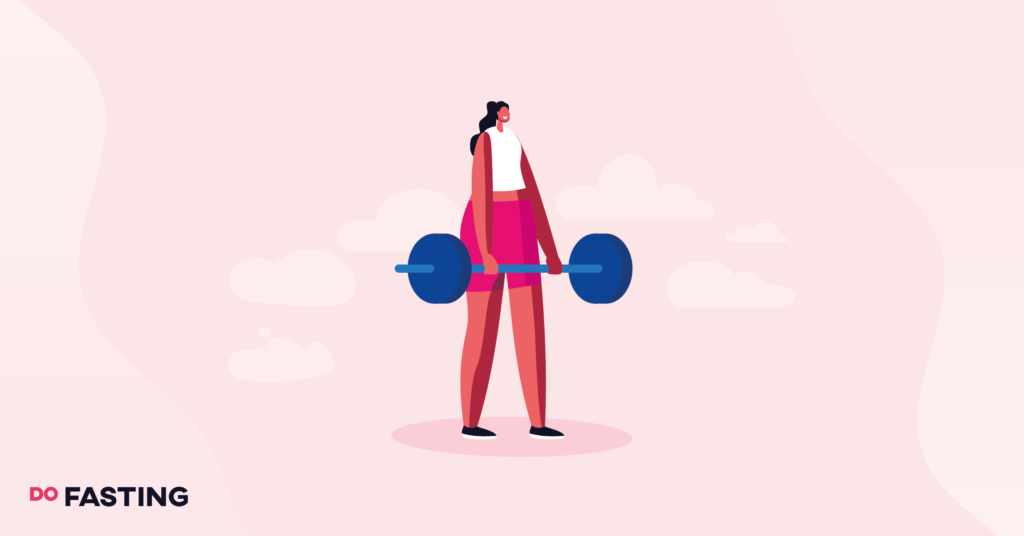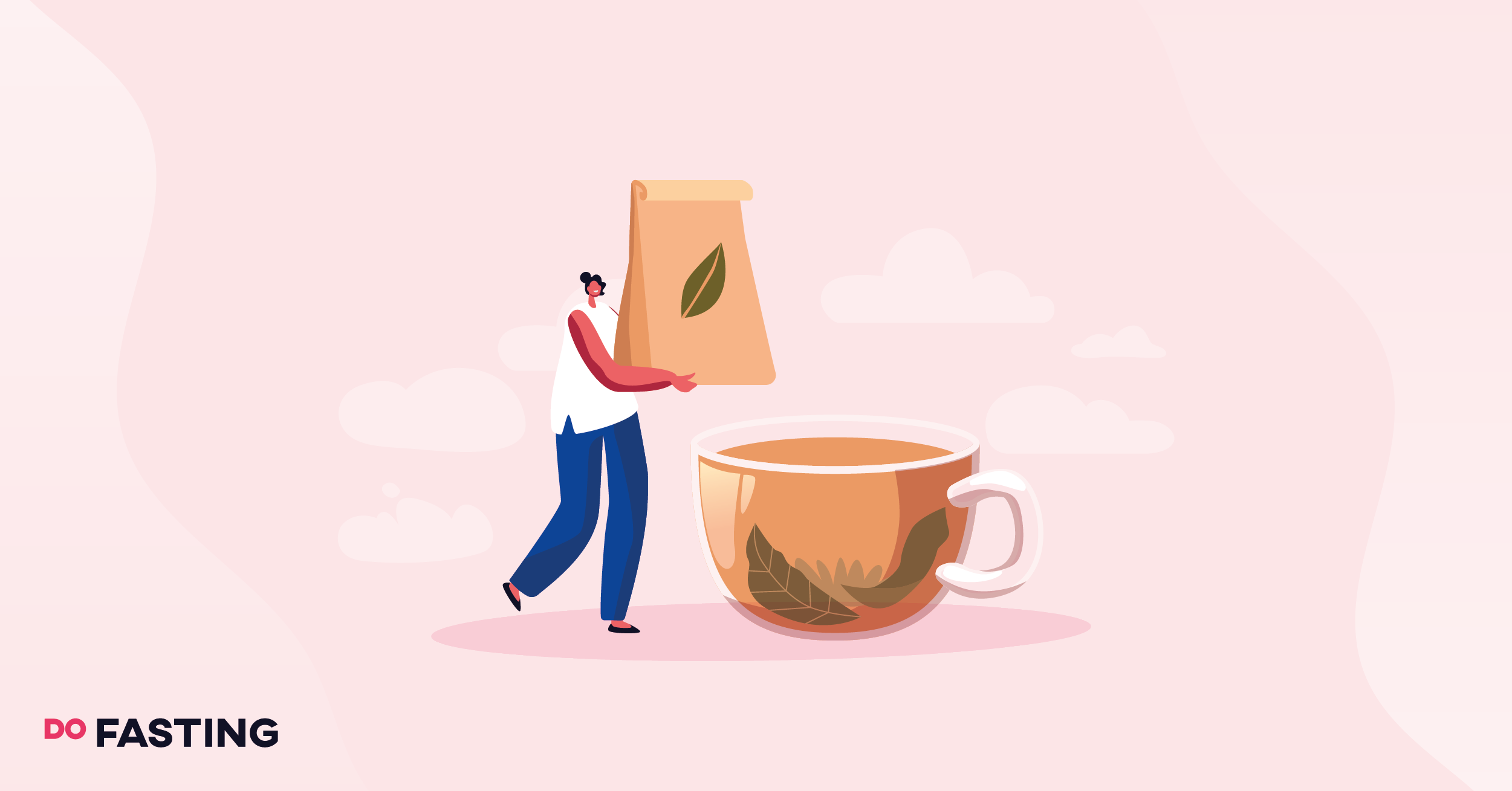Contents
1. Meat
Meat, and red meat, in particular, are a great source of zinc. In fact, in 100g of raw, ground beef, there is around 4.8mg of zinc. This represents 44% of the RDA.
Meat is also a good source of other macro and micronutrients, including B vitamins, protein, and fat. However, you should eat meat in moderation, as consuming too much processed meat has been linked to a range of chronic illnesses.
Take a
1-minute quiz
and discover how much weight you can lose with DoFasting!

2. Oysters
Though probably not part of your regular diet, oysters are actually very high in zinc. Six medium oysters can provide you with 32mg of zinc, which is several times the RDA and would certainly ensure you got enough zinc that day.
Oysters are also a good source of a range of other micronutrients including copper, vitamin D, and manganese. This combination is thought to help prevent bone loss, particularly in older women.
3. Shellfish
In addition to oysters, you can also find this essential trace mineral in a number of other shellfish. Good shellfish sources of zinc include:
- Alaskan crab, with 7.6mg of zinc per 100g
- Shrimp, with 1.6mg per six shrimp
Shellfish also contain lots of protein and omega-3 fatty acids, which may make them useful for anyone looking to lose weight.
4. Tofu
With 1.8mg of zinc per serving, tofu is a good source of zinc and can help those who restrict their diet to just plant foods to increase their daily zinc intake.
Tofu is also a good source of protein for those who follow vegan or vegetarian diets and can add micronutrients, including manganese, magnesium, and calcium, to your diet.
5. Legumes
Legumes are a rich source of zinc for people who follow vegan or vegetarian diets, however, they also contain phytates which inhibit zinc absorption. Heating, soaking, and fermenting them can increase the amount of bioavailable zinc in legumes.
Legumes high in zinc include:
- Cooked edamame, with 2.13mg per cup
- Black beans, with 1.93mg per cup
- Canned chickpeas, with 1.66mg per cup
Though some compounds within legumes can decrease zinc absorption, they are still an important part of a balanced diet and can increase your protein and fiber intake.
6. Pumpkin Seeds
Per 100g, pumpkin seeds offer 7.99mg of zinc, and adding them to your diet can definitely ensure you get enough zinc.
Along with zinc, pumpkin seeds are packed full of other important nutrients, including vitamin K, phosphorus, manganese, magnesium, iron, and copper, aligned with a range of antioxidants that can protect the body against the damage caused by oxidative stress.
7. Hemp Seeds
Another powerful seed to add to your diet, hemp seeds are high in zinc, offering around 30% of your RDA per serving.
They’re also a great source of healthy fats, including both omega-3 and omega-6 fatty acids, and can help improve your heart health by lowering cholesterol and triglyceride levels in the blood.
8. Cashews
Cashews can provide 15% of your daily zinc per serving, and they’re a very good source of healthy fats. Nuts, in general, have been linked to a reduced risk of several illnesses, including heart disease and cancer.
Cashews may also promote weight loss, regulate blood sugar levels, and provide you with magnesium, copper, iron, and phosphorus.
9. Almonds
Almonds can provide 3mg of zinc per 100g. They are also linked to lower blood sugar, cholesterol, and blood pressure levels.
They may be a good nut to eat if you’re trying to lose weight, as they can fill you up quickly and reduce hunger pangs. Almonds are also a good source of vitamin E, which can support healthy skin and prevent neurodegeneration and heart disease.
In addition, almonds are packed with antioxidants which help to prevent the damage caused by free radicals and oxidative stress.
10. Dairy
Dairy products frequently get a bad rep, but they’re actually a really good source of zinc. Good dairy products for zinc include:
- Non-fat milk, per cup, contains 1.1mg of zinc
- Low-fat yogurt contains 2.2mg of zinc
In addition to helping you get an adequate intake of zinc, dairy products can also support good bone health, reduce tiredness and fatigue, support a healthy immune system, and help with normal growth and brain development.
Take a
1-minute quiz
and discover how much weight you can lose with DoFasting!

11. Eggs
With one large egg helping you to get 5% of your daily intake, having a few for your breakfast can be a great way to maintain your body’s zinc levels.
Eggs are very good for heart health, can support healthy eyes, and may aid in weight loss. They are also a good source of vitamin A, a range of B vitamins, and minerals, including phosphorus, selenium, and folate.
12. Whole Grains
Whole grains can add zinc to your diet, but like legumes, they contain phytate, which reduces zinc bioavailability.
Good whole grain sources of zinc include:
- 1 cup of raw oats has 2.95mg of zinc
- 1 cup of cooked brown rice has 1.38mg of zinc
Eating grains is very important in a healthy and balanced diet, and it is important to eat more whole grains than refined grains. They have been linked to a longer lifespan and reduced risk of type 2 diabetes, heart disease, and obesity.
They are also rich in minerals, including fiber, B vitamins, magnesium, phosphorus, iron, selenium, and manganese.
13. Mushrooms
One cup of sliced, raw mushrooms contains around 0.36mg of zinc, which is relatively good for vegetable foods high in zinc.
Mushrooms also offer a low-calorie source of fiber and protein and provide the body with a range of antioxidants. Antioxidants are a good way of reducing the damage caused by oxidative stress, and a higher intake of them has been linked to a reduced risk of many chronic illnesses.
14. Spinach
Another vegetable on the list of foods high in zinc is spinach. This dark, leafy green provides around 0.7mg of zinc per half-cup.
Dark, leafy greens are an excellent addition to any diet, and spinach, in particular, can boost your health in a variety of ways. Spinach has been linked to better eye health, reduced risk of chronic illnesses, and a decrease in oxidative stress.
15. Avocado
Avocados are heroes in the fruit world, with high levels of healthy fats and fiber, they can also provide you with about 1.3mg of zinc per fruit.
They are known to be good for heart health, eye health, and growth and development and can be good to add to a weight loss program as they help keep you feeling fuller for longer.
16. Dark Chocolate
Though not everyone’s favorite, dark chocolate is actually packed full of nutrients. Indeed, in 100g of dark chocolate, you’ll get about 3.3mg of zinc!
Dark chocolate is a powerhouse of antioxidants, which can help to prevent the oxidative stress and free radicals linked to a number of chronic illnesses, as well as improve blood flow, lower blood pressure, and reduce your risk of heart disease.
Health Benefits of Zinc
Getting the correct amount of zinc each day, whether from food or from weekly zinc supplements, is very important for your health. The zinc benefits include:
- Aiding in wound healing
- Supporting a healthy immune system and good immune function
- Decreasing the risk of age-related macular degeneration
- Reducing symptoms of the common cold
- Reducing the risk of age-related illnesses and neurodegeneration
- Treating acne
- Decreasing inflammation in the body
Zinc is an important mineral for anyone who chooses to follow an intermittent fasting method of dieting. If you’re new to intermittent fasting or want to explore the different methods, you can find the key information from DoFasting. For daily assistance, the DoFasting app provides every tool you need to get started and reach your fasting goals, whatever they may be.
Signs of Zinc Deficiency
Getting the correct amount of zinc and other nutrients is incredibly important for our health. Knowing the dietary reference intakes of essential nutrients can help you to get enough, as well as seeking out foods that can increase your dietary intake of the mineral.
Signs that you are severely zinc-deficient include:
- Impaired growth and development
- Skin rashes
- Acute and persistent diarrhea
- Impaired wound healing
- Behavioral issues
Severe zinc deficiency is rare but may be found in people with rare genetic mutations, breastfeeding children whose mothers do not have enough zinc, people with alcohol addictions, and some people taking immunosuppressant medication.
Mild zinc deficiency is more common. Those at increased risk of a mild deficiency include:
- Vegans, vegetarians, and those who limit their diet to plant-based foods
- People with gastrointestinal and other diseases that make it difficult to absorb zinc
- Pregnant and lactating women
- Those with sickle cell anemia
- People who are malnourished
- Those who abuse alcohol
If you are in one of these groups, you may need to consider increasing zinc intake by taking supplemental zinc in the form of oral zinc lozenges or pills, or by getting a high dietary intake by choosing foods with a high zinc content.
Symptoms of a mild zinc deficiency include:
- Decrease immunity and cold symptoms
- Thinning hair
- Mood disturbances
- Dry skin
- Decreased appetite
- Fertility issues
While getting an adequate nutrient intake is important, always follow instructions when taking supplemental sources of zinc to avoid zinc toxicity. Too much zinc can also be harmful for your health.
Take a
1-minute quiz
and discover how much weight you can lose with DoFasting!

Conclusion
Zinc is an important mineral in the body, helping to treat the common cold, improve our immune functions, support the synthesis of proteins, and accelerate wound healing, among other things.
While zinc supplements, including zinc gluconate, can be taken, it is best to try to get all of your required daily zinc through food. Try to incorporate these 16 high-zinc foods into your diet or boost your intake, and you will see an improvement in your overall health and well-being.
See how DoFasting will improve your life
Find out what works for you with this 60-sec quiz approved by our experts and get your personal revolutionary fasting assistant.
Start the Quiz















